
Haifa is the third-largest city in Israel—after Jerusalem and Tel Aviv—with a population of 282,832 in 2021. The city of Haifa forms part of the Haifa metropolitan area, the third-most populous metropolitan area in Israel. It is home to the Baháʼí Faith's Baháʼí World Centre, and is a UNESCO World Heritage Site and a destination for Baháʼí pilgrimage.

The Technion – Israel Institute of Technology is a public research university located in Haifa, Israel. Established in 1912 under the dominion of the Ottoman Empire, the Technion is the oldest university in the country.

The Hebrew University of Jerusalem is a public research university based in Jerusalem. Co-founded by Albert Einstein and Chaim Weizmann in July 1918, the public university officially opened in April 1925. It is the second-oldest Israeli university, having been founded 30 years before the establishment of the State of Israel but six years after the older Technion university. The HUJI has three campuses in Jerusalem and one in Rehovot. Until 2023, the world's largest library for Jewish studies—the National Library of Israel—was located on its Edmond J. Safra campus in the Givat Ram neighbourhood of Jerusalem.
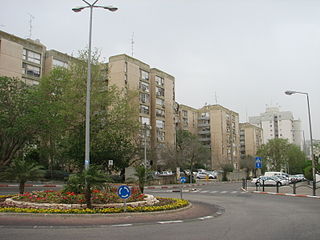
Nave Sha'anan is a large residential neighborhood in eastern Haifa, Israel that extends from the lower inclines of Mount Carmel to midway across its slopes. The main campus of the Technion is located in the outskirts of Nave Sha'anan.
The New York UniversitySteinhardt School of Culture, Education, and Human Development is the school of education of New York University. The school was founded as the School of Pedagogy in 1890. Prior to 2001, it was known as the NYU School of Education.
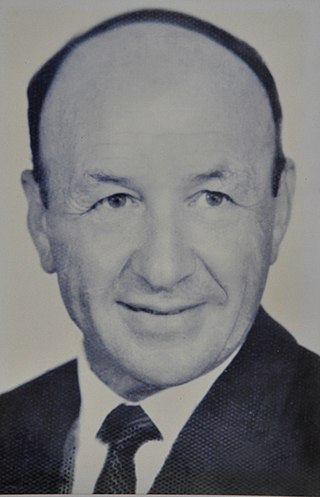
Aaron Valero (1913–2000) was an Israeli physician and educator who helped establish hospitals and medical schools, authored medical publications and contributed greatly to the advancement of medical education in Israel in the latter half of the 20th century.

Haifa Bat Galim railway station is an Israel Railways passenger station situated on the coastal railway line and serves the city of Haifa. The station takes its name from the neighborhood of Bat Galim, where it is located. The station was Haifa's main train station from its construction in 1975 until the early 2000s.

The University of Haifa is a public research university located on Mount Carmel in Haifa, Israel. Founded in 1963, the University of Haifa received full academic accreditation in 1972, becoming Israel's sixth academic institution and the fourth university. The university has the largest university library in Israel. As of 2019, approximately 18,000 students were enrolled at the University of Haifa. Among Israeli higher education institutions the University of Haifa has the largest percentage (41%) of Arab-Israeli students.
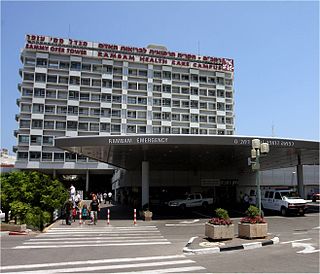
Rambam Health Care Campus commonly called Rambam Hospital, is a teaching hospital in the Bat Galim neighborhood of Haifa, Israel. Rambam Health Care Campus is a part of Tertiary Referral Center for Northern Israel, It was founded in 1938, 10 years before the establishment of the State of Israel.
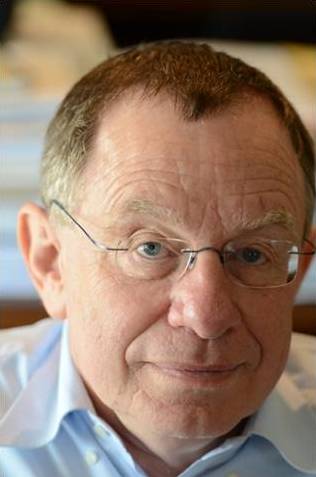
Rafael (Rafi) Beyar is an Israeli medical doctor, entrepreneur, and professor who is the eighth director of Rambam Health Care Campus since 1996. Beyar, an authority on interventional cardiology, also continues to practice in his specialty of clinical invasive cardiology. Beyar is the editor of several books related to cardiology and electrophysiology, including Frontiers in Interventional Cardiology, Proceedings from International Meetings, Analysis of Cardiac Development: from Embryo to Old Age; and co-founder of Corindus Vascular Robotics.

Moshe Yegar is an Israeli retired diplomat and historian of Islam in Southeast Asia; also, he is author of books and research articles on the history of Zionism during the British Mandate, and about Israel's Ministry of Foreign Affairs and its policies and activities.
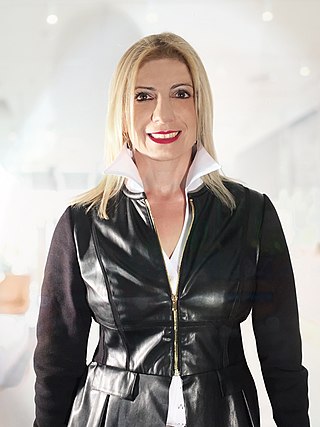
Michal Tamir is former president of the Israeli Law and Society Association. She is a professor of public law and criminal procedure law in The Academic College of Science and Law, and a practicing lawyer. She is the head of graduate studies department, in the faculty of law at the Academic College of Science and Law and a practicing lawyer.
Ron Schleifer is a senior lecturer in the School of Communication at Ariel University (AU), specializing in Psychological warfare, and head of the Ariel Center for Defence and Communication
The Haifa Center for German and European Studies (HCGES) is a joint project of the University of Haifa and the German Academic Exchange Service (DAAD). The Center was founded in 2007 and opened in June 2008 by the Federal Foreign Minister Frank Walter Steinmeier. It is part of the [ Research Authority of the University of Haifa cooperating with the faculties of humanities, social sciences and law. The founding idea of the Center is to provide students, research, academics and the general public with information about modern Germany and Europe. Therefore the Center is holding public events as well as academic conferences and workshops. It also conducts its own interdisciplinary research with a focus on social, political, legal, economic and cultural developments in Germany and Europe after 1945. The HCGES is part of the global network of DAAD Centers for German and European Studies.
The Jerusalem Institute for Strategy and Security (JISS) is a conservative think tank that promotes a strong Israel and united Jerusalem. Established in 2017 as the Jerusalem Institute for Strategic Studies, it changed its name to the current one in January 2019.
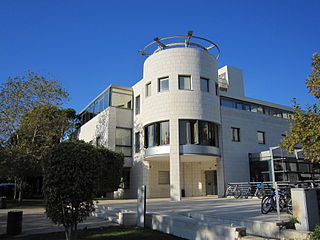
The Technion's Faculty of Architecture and Town Planning was established in Haifa in December 1924, as one of the Technion’s first two departments. The program trains architects, landscape architects, urban planners, and industrial designers. Urban planning and industrial design are offered as advanced degrees.

Naama Lazimi is a politician and Member of the Knesset for the Labor Party. Previously, she was a member of the Haifa City Council and vice chairman of the Student Association at the University of Haifa. She is also involved in LGBT rights activism.













